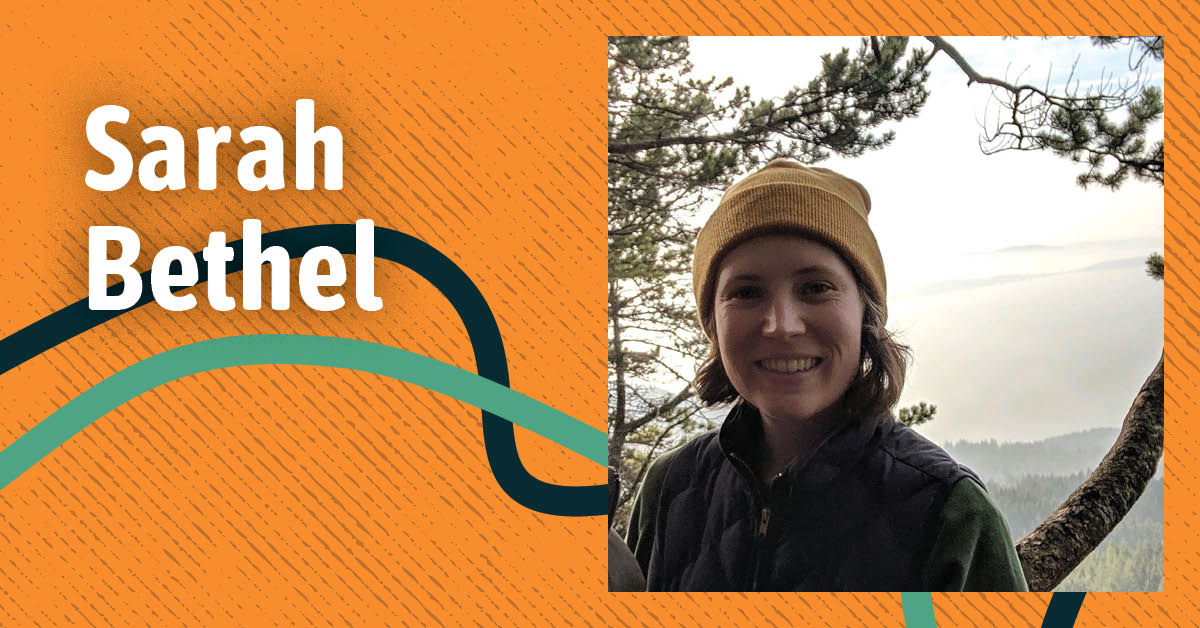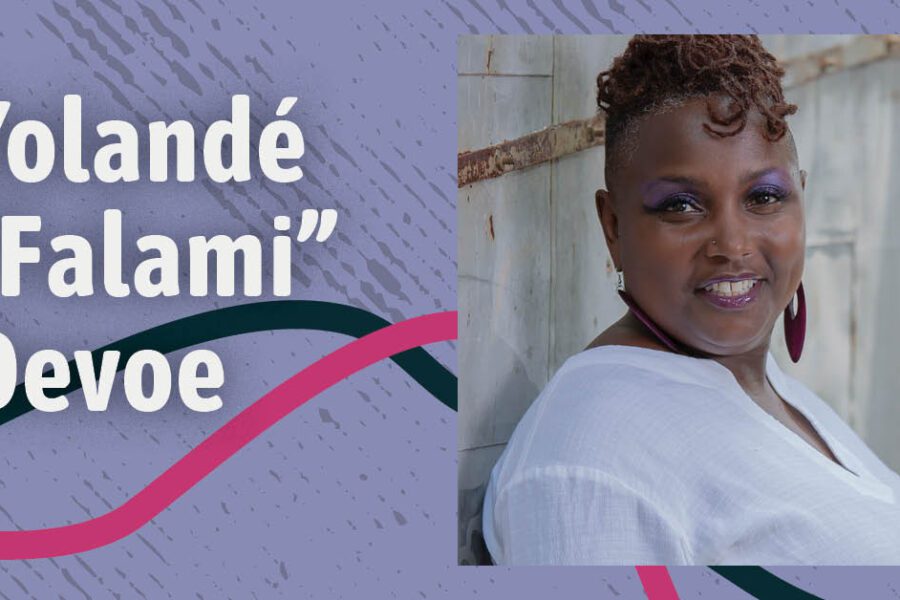Sarah Bethel has moved from coast to coast. She studied environmental studies at the University of Oregon, traveled up and down the West Coast doing service projects as a part of AmeriCorps, and taught early Education in Vermont and Connecticut for three years. These days, Bethel is back on the west coast, and working towards a Masters of Education with a Leadership in Edible Education Certificate at Antioch University’s Seattle campus.
“The Edible Education Certificate is kind of like a tour,” Bethel says. “A road map of the history of food in this county and how our food shapes our values.”
For Bethel, the transition from environmental studies to education was a smooth one, sparked by those early days when she was on the road with AmeriCorps. It was during this time that Bethel would get her first taste of edible education.
“I didn’t know much about gardening. I had a leadership position with AmeriCorps, and we went up and down the West Coast setting up school and community gardens,” she says. “I was learning and teaching kids at the same time.”
Bethel’s interest in gardening found further fuel when she took a position at a school in Vermont as a school garden coordinator in Burlington, Vermont. The program was unique, combining teaching preschool through sixth grade as well as coordinating and maintaining the school’s garden, and eventually, cooking with the yields. Bethel worked in the soil for a year before she took another position in Connecticut. Bethel took pride in the connection she had fostered between the children and food. She realized that it was something that was missing from most Americans’ relationships with the food they eat.
“We’ve been forced to move away from our deep connections to food–our connections to cooking, gardening, and our knowledge of what food does for our bodies,” she says.
Bethel finally figured out what she wanted to do, and it fell somewhere between Education and sustainability. She knew she wanted to continue to foster a connection between food and children, but Bethel also realized that jobs in the field were competitive. She would need a Master’s degree to help her stand out in the competition.
“I was feeling stuck. Everyone has a bachelor’s degree, and I wasn’t able to move forward or have access to the type of job that I wanted,” Bethel says. “I found Antioch through a colleague in Vermont, and the program’s approach to education drew me in.”
Bethel believes that when it comes to education, you get out what you put in, and she has definitely put in the time. Now on the brink of graduating with a Master’s of Education from Antioch, when she looks back, Bethel is grateful for the time and work she put into Antioch’s Edible Education program.
“It prepared me for my inquiry and thesis project,” she says.
Bethel describes Antioch’s Edible Education Program as a way for teachers to take back that deep connection to food that’s been missing in education. She points to how the program explores all the different ways food can interact with education from the history of school lunch to why the food served in the cafeteria is so essential. For Bethel, Antioch’s focus on social justice and social action encouraged her to not only identify injustices but to find and apply solutions.
“It’s made me think, what can I do to make the system more just and fairer for everyone,” Bethel says.
Food is political, after all, and experts have documented disparities in the quality of food available in districts and communities. Bethel points out that there are also gaps in edible education, especially in early childhood curriculum. Inspired by the work Bethel completed in Antioch’s Edible Education program, her thesis has a heavy focus on food. Her work explores the possible solutions to close those education gaps in early education and foster deep connections to food sustainability in preschoolers.
“In my practicum for the Edible Education certificate, I found out that a lot of schools with garden education programs have gaps between gardening or growing food and cooking. I didn’t see any overlap.”
Bethel will graduate with her Master’s in June. She wants to take her experience and her Master’s degree and put everything she’s learned into practice in her own preschool classroom. The goal, of course, includes a garden.
“I don’t think I would be a complete educator without some garden component,” she says.
After graduating, Bethel plans to move once more. This time to the Midwest. She has her own roots and connections in the heartland. Wherever she goes, it’s safe to say that Bethel will foster Antioch values such as service and justice, along with growing a garden of her very own.



